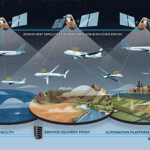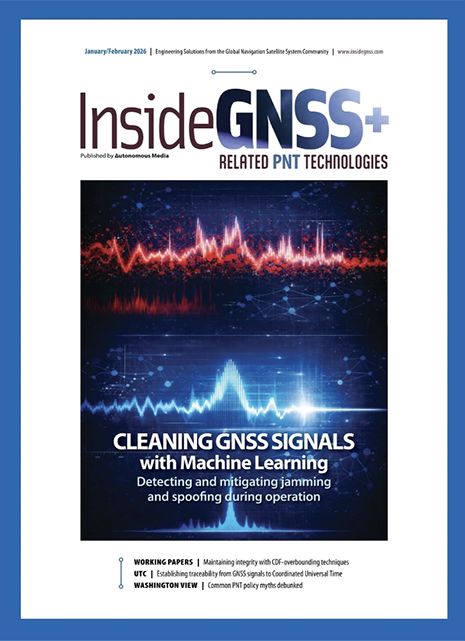March 7, 2019
Officials for the Munich Satellite Navigation Summit announced the theme for the 2019 event while attending the ION GNSS+ conference in Miami last fall and are now preparing for their 2019 conference in the spring.
“Augment Yourself with GNSS…” will be the theme of the 2019 edition of the Munich Satellite Navigation Summit, taking place on March 25–27, 2019 at the Alte Kongresshalle in Munich. The organizing Institute of Space Technology and Space Applications (ISTA) of the Universitaet der Bundeswehr Muenchen will invite experts from all over the world to talk about the latest news on Positioning, Navigation, and Timing and their role for Augmented/Mixed Reality as well as other up-to-date technologies.
Read More >
By Inside GNSS














